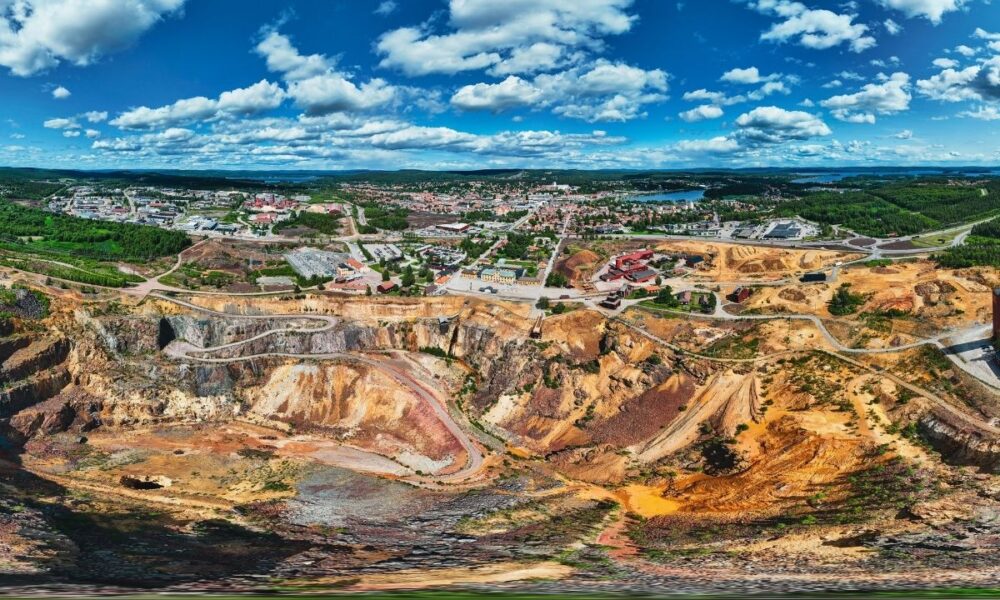The United States and Australia unveiled a sweeping framework Monday to secure critical mineral supply chains, pledging at least $2 billion in project financing as both nations race to reduce dependence on China.
President Donald J. Trump and Australian Prime Minister Anthony Albanese signed the agreement at the White House, establishing new mechanisms to accelerate the mining and processing of rare earth elements essential for defense systems and advanced technologies.
The framework comes as Western nations scramble to diversify supply chains away from China, which currently dominates global rare earth production and processing.
Both governments committed to providing “at least $1 billion in financing to projects located in each of the United States and Australia” within six months. The investment targets mining operations expected to deliver materials to buyers in both countries.
The agreement creates a rapid response group led by the U.S. Secretary of Energy and the Australian Minister for Resources. This U.S.–Australia Critical Minerals Supply Security Response Group will identify priority minerals and develop coordinated plans to accelerate delivery.
To speed development, both nations pledged to streamline permitting processes for mining, separation, and processing facilities. The agreement specifically calls on both countries to “accelerate, streamline, or deregulate permitting timelines and processes” within existing legal frameworks.
The deal also addresses market manipulation concerns. Both countries will implement “standards-based systems” allowing compliant traders to operate within pricing frameworks that could include price floors.
A ministerial meeting on mining investment will convene within 180 days to attract additional private-sector capital to critical mineral projects in both nations.
The framework emphasizes developing “new or bespoke mechanisms to strengthen critical minerals and rare earths supply chains.” This includes reviewing asset sales on national security grounds and investing in recycling technology.
Both nations will also cooperate on geological mapping to identify new mineral deposits. The effort extends beyond their borders to include mapping in third countries “as mutually determined.”
The agreement allows either country to withdraw with 30 days’ written notice. Officials emphasized that the framework establishes policy commitments rather than legally binding obligations under international law.


